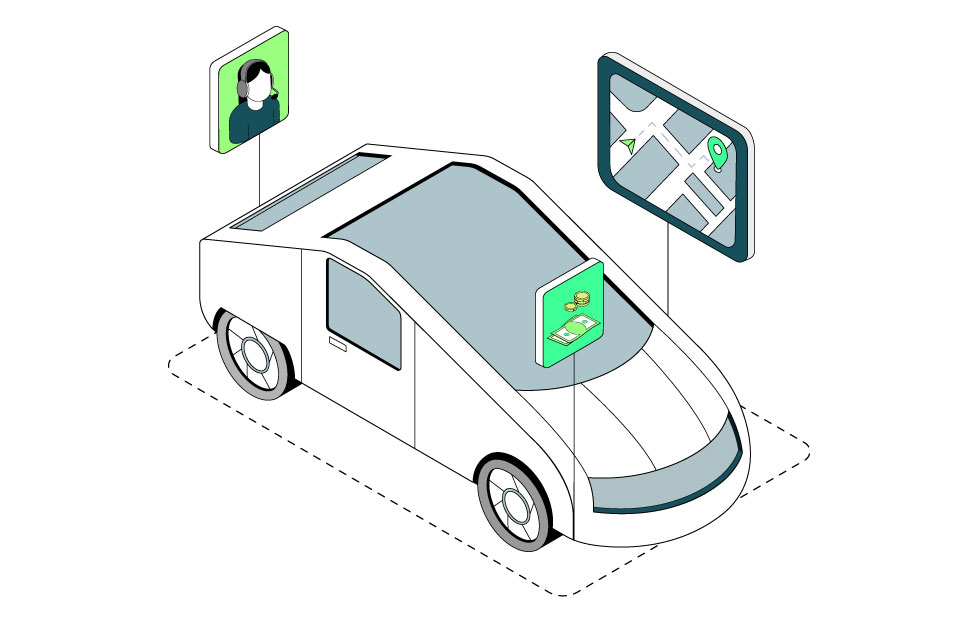By Jo Causon, CEO, The Institute of Customer Service
After two months in lockdown, life is beginning to gradually open up again. There is the definite sense that we are entering into the next phase of the Covid crisis “progress in itself!
However, as positive as this is, I believe that the recovery phase and beyond is when the real test actually begins for organisations. In the first phase that we have just been through, it was a question of rapidly adjusting to the new circumstances, setting up remote working if applicable, and trying to serve customers in a different way.
Customers, for their part, have been remarkably tolerant and indeed supportive of businesses during this time. Our monitoring at The Institute shows that most members have reported an increase in customer satisfaction levels since the outbreak began. I think there are several reasons for this: customers have simply been grateful for businesses continuing to provide service during such a strange and unprecedented time; more customers have been at home and therefore in some senses less hurried and stressed and so have been more patient around service received; and, perhaps most importantly, there has been a real sense of being “all in it together”, creating a sense of shared experience.
Now though, as lockdown eases we can expect customer expectations of service and availability to rise again. At the same time, our research shows that the effects of the pandemic may pose some significant challenges to organisations as they seek to reactivate levels of business. The hit to consumer spending caused by Covid-19 is set to continue post-lockdown, with a third of consumers we surveyed expecting to spend less in the future. In addition, nearly a third say they are unlikely to visit non-essential outlets. Meanwhile, for those who do plan to go non-essential outlets, the most common reasons are for having an experience or enjoying a trip out with family or friends.
In a sense, what we are seeing here is a continuation “perhaps an acceleration “of trends we were already seeing before the coronavirus began. That is to say, increasing numbers of consumers are becoming more careful over what they spend, showing more discernment, taking a less is more approach, and valuing most of all a sense of experience rather than a mere transaction.
One of the key questions here is whether consumer behaviour will change for good as a result of the crisis and how marked that change will be over the long term. However, it is clear that in the phase we are entering, service will matter more than ever before. The businesses that have fared best so far are the ones who have genuinely tried to adjust to the circumstances, seeing things through a customer lens, and focusing on providing advice and support “rather than merely trying to keep selling.
Our research also shows that customers care about whether companies are protecting their staff. They see this as a window onto the underlying values of a business. Half of consumers completely agree that organisations should prioritise the health and safety of their employees, even if that compromises the speed of service that they can deliver to their customers.
What does all of this mean for businesses? They now have to navigate operating in a new normal, finding the right business model for the future. For some, this may inevitably mean making more redundancies as they move out of a furloughing position. This may need to happen sooner rather than later, as they have to work out their longer term model now rather than putting it off. Depending on their sector “for example, leisure, hospitality and travel – others may spend longer waiting before they come back on stream.
But whatever sector a business is in, the priorities are starting to become clear. Firstly, they must ensure that their essential service and transaction processes are fit for purpose in the new environment and can deliver for customers. Secondly, they must cater to customer demand for quality of experience rather than a simple transaction. Thirdly, they must ensure that they are looking after their staff and demonstrating employer responsibility. Finally, it is also crucially important that they are open, honest and transparent about their proposition. If it will take more time to change the offering or return to normal, or if there will be continuing service interruptions or delays, businesses need to say so. They must communicate clearly and manage expectations according to what they can actually deliver.
The overall economic context we find ourselves in is, of course, highly challenged. We may be facing a prolonged period of economic recession in which consumer (and business) spending is reduced, with organisations having to fight harder than ever for share of wallet.
However, there is also significant pent-up demand with customers prepared (and in some cases, eager) to start spending again if the quality and experience is right. The future will be a test for many businesses, but there are reasons for optimism ahead for those that get their strategy right.”



